#David war
Explore tagged Tumblr posts
Text
Artistes Les Ami·e·s du Patchwork des noms, Bambanani Women’s Group, Bastille, yann beauvais, Black Audio Film Collective, Gregg Bordowitz, Jesse Darling, Moyra Davey, Guillaume Dustan, fierce pussy, Nan Goldin, Felix Gonzalez-Torres, Hervé Guibert, Barbara Hammer, Derek Jarman, Michel Journiac, Zoe Leonard, audrey liebot, Pascal Lièvre, Santu Mofokeng, Jean-Luc Moulène, Henrik Olesen, Bruno Pélassy, Benoît Piéron, Lili Reynaud-Dewar, Jimmy Robert, Régis Samba-Kounzi & Julien Devemy, Marion Scemama, Lionel Soukaz & Stéphane Gérard, Georges Tony Stoll, Philippe Thomas, David Wojnarowicz & arms ache avid aeon: fierce pussy amplified (Nancy Brooks Brody, Joy Episalla, Zoe Leonard, Carrie Yamaoka, fierce pussy and Jo-ey Tang)
Curator François Piron
Scientific advisor Elisabeth Lebovici
Curatorial assistant Clément Raveu
Exhibition assistant Rose Vidal
3 notes
·
View notes
Text




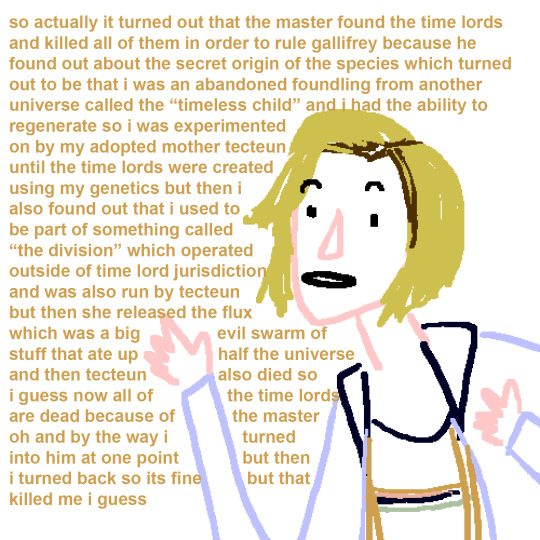


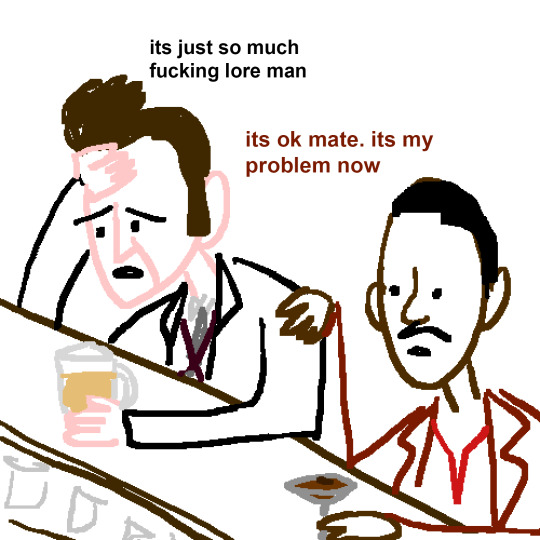
#15 is drinking an espresso martini btw#dw#doctor who#ncuti gatwa#david tennant#christopher eccleston#jodie whittaker#matt smith#peter capaldi#timeless child#so much fucking lore#9th doctor#10th doctor#11th doctor#war doctor#12th doctor#13th doctor#14th doctor#15th doctor#fanart#this was my first time drawing 13 and i really like how i decided to draw her
43K notes
·
View notes
Text
you would fuck that old man. i would fuck that old man. we are the same. hold my hand
#there is no war in old men fuckers city#aaaaaaaaand drum roll on the old men i'd fuck!#kevin mcdonald#dave foley#mark mckinney#bruce mcculloch#the kids in the hall#john larroquette#james spader#harry anderson#brad dourif#david cronenberg#dennis christopher#scott bakula#conan o'brien#jeffrey combs#clancy brown
8K notes
·
View notes
Text
A Palestinian David vs An Israeli Goliath

A Palestinian David vs An Israeli Goliath
A Palestinian Child vs An Adult Israeli Trained To Kill
A Palestinian Rock vs An Israeli Assault Rifle
A Palestinian Original Land Owner vs A Zionist Invader
#photography#gaza#palestine#free palestine#palestinians#islam#islamophobia#israel#genocide#gaza genocide#israel is committing genocide#palestinian genocide#stop the genocide#israel is a genocidal state#war crimes#war criminals#david vs goliath#crimes against women#crimes against humanity#crimes against children#ethnic cleansing#genocide joe#israeli propaganda#anti zionisim#zionistterror#zionazis#zionistcensorship#zionsim is terrorism#globalize the intifada#student intifada
7K notes
·
View notes
Text
@goodomensafterdark Ineffable Smut War contribution #I lost count!
“THERE’S NO “I” IN EFFORT”
Part 1) Gentlemen-ish Caller





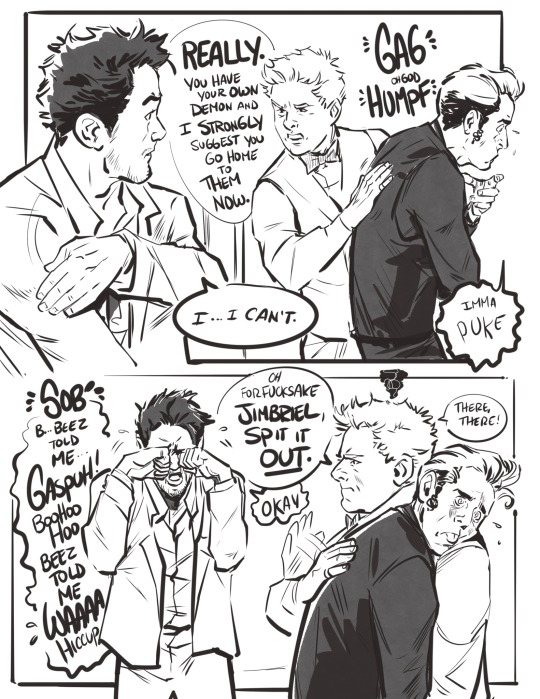
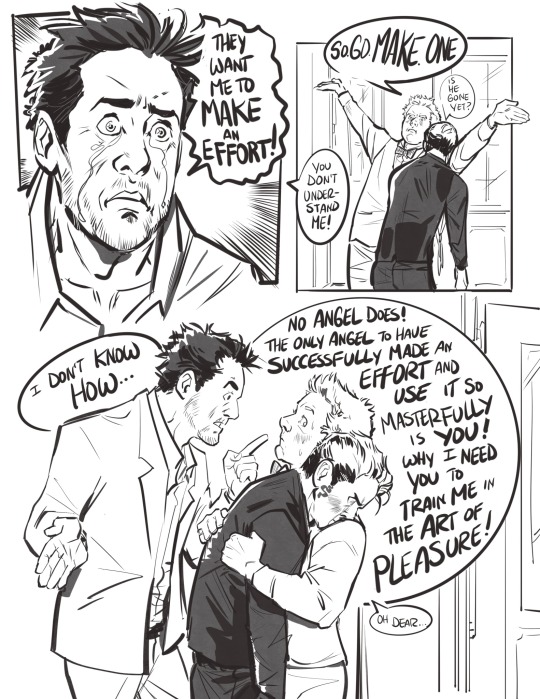
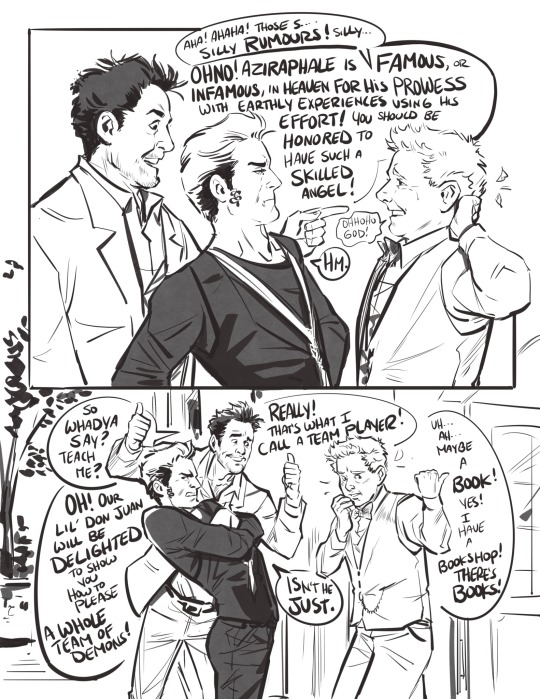

When this gets proper saucy, as all good Rom Coms do (a la Forgetting Sara Marshal😍) those pages will be unedited on my Patreon for those who are interested!
HAPPY SMUT WARRING!
#illustrator#illustration#digital artist#artist on tumblr#crowley#good omens#good omens art#aziraphale#good omens aziraphale#gleafer art#aziraphale x crowley#gabriel#good omens comic#good omens gabriel#pain in the ass#ew david#ineffable smut war#ineffable idiots#somebody stop me
3K notes
·
View notes
Text



























Nothing like the best Star Wars character to celebrate May the 4th.
No, you can't change my mind.
#anakin skywalker#darth vader#star wars#sw#canon#hayden christensen#matt lanter#james earl jones#david prowse#sebastian shaw#jake lloyd#tcw#swr#prequels#aotc#tpm#rots#ot#anh#esb#rotj#rogue one#totj#owk#ahsoka series#skyguy#vader#anakin#skywalker#ani
1K notes
·
View notes
Text

#sorry i find myself rly funny#hbo war#band of brothers#bofb#lewis nixon#dick winters#joe liebgott#david webster would find this funny tbh#johnny martin#harry welsh#eugene roe#ronald speirs#babe heffron#rip richard winters u prolly would've giggled at this#BoB
639 notes
·
View notes
Text
Expert agencies and elected legislatures

If you'd like an essay-formatted version of this post to read or share, here's a link to it on pluralistic.net, my surveillance-free, ad-free, tracker-free blog:
https://pluralistic.net/2024/11/21/policy-based-evidence/#decisions-decisions

Since Trump hijacked the Supreme Court, his backers have achieved many of their policy priorities: legalizing bribery, formalizing forced birth, and – with the Loper Bright case, neutering the expert agencies that regulate business:
https://jacobin.com/2024/07/scotus-decisions-chevron-immunity-loper
What the Supreme Court began, Elon Musk and Vivek Ramaswamy are now poised to finish, through the "Department of Government Efficiency," a fake agency whose acronym ("DOGE") continues Musk's long-running cryptocurrency memecoin pump-and-dump. The new department is absurd – imagine a department devoted to "efficiency" with two co-equal leaders who are both famously incapable of getting along with anyone – but that doesn't make it any less dangerous.
Expert agencies are often all that stands between us and extreme misadventure, even death. The modern world is full of modern questions, the kinds of questions that require a high degree of expert knowledge to answer, but also the kinds of questions whose answers you'd better get right.
You're not stupid, nor are you foolish. You could go and learn everything you need to know to evaluate the firmware on your antilock brakes and decide whether to trust them. You could figure out how to assess the Common Core curriculum for pedagogical soundness. You could learn the material science needed to evaluate the soundness of the joists that hold the roof up over your head. You could acquire the biology and chemistry chops to decide whether you want to trust produce that's been treated with Monsanto's Roundup pesticides. You could do the same for cell biology, virology, and epidemiology and decide whether to wear a mask and/or get an MRNA vaccine and/or buy a HEPA filter.
You could do any of these. You might even be able to do two or three of them. But you can't do all of them, and that list is just a small slice of all the highly technical questions that stand between you and misery or an early grave. Practically speaking, you aren't going to develop your own robust meatpacking hygiene standards, nor your own water treatment program, nor your own Boeing 737 MAX inspection protocol.
Markets don't solve this either. If they did, we wouldn't have to worry about chunks of Boeing jets falling on our heads. The reason we have agencies like the FDA (and enabling legislation like the Pure Food and Drug Act) is that markets failed to keep people from being murdered by profit-seeking snake-oil salesmen and radium suppository peddlers.
These vital questions need to be answered by experts, but that's easier said than done. After all, experts disagree about this stuff. Shortcuts for evaluating these disagreements ("distrust any expert whose employer has a stake in a technical question") are crude and often lead you astray. If you dismiss any expert employed by a firm that wants to bring a new product to market, you will lose out on the expertise of people who are so legitimately excited about the potential improvements of an idea that they quit their jobs and go to work for whomever has the best chance of realizing a product based on it. Sure, that doctor who works for a company with a new cancer cure might just be shilling for a big bonus – but maybe they joined the company because they have an informed, truthful belief that the new drug might really cure cancer.
What's more, the scientific method itself speaks against the idea of there being one, permanent answer to any big question. The method is designed as a process of continual refinement, where new evidence is continuously brought forward and evaluated, and where cherished ideas that are invalidated by new evidence are discarded and replaced with new ideas.
So how are we to survive and thrive in a world of questions we ourselves can't answer, that experts disagree about, and whose answers are only ever provisional?
The scientific method has an answer for this, too: refereed, adversarial peer review. The editors of major journals act as umpires in disputes among experts, exercising their editorial discernment to decide which questions are sufficiently in flux as to warrant taking up, then asking parties who disagree with a novel idea to do their damndest to punch holes in it. This process is by no means perfect, but, like democracy, it's the worst form of knowledge creation except for all others which have been tried.
Expert regulators bring this method to governance. They seek comment on technical matters of public concern, propose regulations based on them, invite all parties to comment on these regulations, weigh the evidence, and then pass a rule. This doesn't always get it right, but when it does work, your medicine doesn't poison you, the bridge doesn't collapse as you drive over it, and your airplane doesn't fall out of the sky.
Expert regulators work with legislators to provide an empirical basis for turning political choices into empirically grounded policies. Think of all the times you've heard about how the gerontocracy that dominates the House and the Senate is incapable of making good internet policy because "they're out of touch and don't understand technology." Even if this is true (and sometimes it is, as when Sen Ted Stevens ranted about the internet being "a series of tubes," not "a dump truck"), that doesn't mean that Congress can't make good internet policy.
After all, most Americans can safely drink their tap water, a novelty in human civilization, whose history amounts to short periods of thriving shattered at regular intervals by water-borne plagues. The fact that most of us can safely drink our water, but people who live in Flint (or remote indigenous reservations, or Louisiana's Cancer Alley) can't tells you that these neighbors of ours are being deliberately poisoned, as we know precisely how not to poison them.
How did we (most of us) get to the point where we can drink the water without shitting our guts out? It wasn't because we elected a bunch of water scientists! I don't know the precise number of microbiologists and water experts who've been elected to either house, but it's very small, and their contribution to good sanitation policy is negligible.
We got there by delegating these decisions to expert agencies. Congress formulates a political policy ("make the water safe") and the expert agency turns that policy into a technical program of regulation and enforcement, and your children live to drink another glass of water tomorrow.
Musk and Ramaswamy have set out to destroy this process. In their Wall Street Journal editorial, they explain that expert regulation is "undemocratic" because experts aren't elected:
https://www.wsj.com/opinion/musk-and-ramaswamy-the-doge-plan-to-reform-government-supreme-court-guidance-end-executive-power-grab-fa51c020
They've vowed to remove "thousands" of regulations, and to fire swathes of federal employees who are in charge of enforcing whatever remains:
https://www.theverge.com/2024/11/20/24301975/elon-musk-vivek-ramaswamy-doge-plan
And all this is meant to take place on an accelerated timeline, between now and July 4, 2026 – a timeline that precludes any meaningful assessment of the likely consequences of abolishing the regulations they'll get rid of.
"Chesterton's Fence" – a thought experiment from the novelist GK Chesterton – is instructive here:
There exists in such a case a certain institution or law; let us say, for the sake of simplicity, a fence or gate erected across a road. The more modern type of reformer goes gaily up to it and says, "I don't see the use of this; let us clear it away." To which the more intelligent type of reformer will do well to answer: "If you don't see the use of it, I certainly won't let you clear it away. Go away and think. Then, when you can come back and tell me that you do see the use of it, I may allow you to destroy it.
A regulation that works might well produce no visible sign that it's working. If your water purification system works, everything is fine. It's only when you get rid of the sanitation system that you discover why it was there in the first place, a realization that might well arrive as you expire in a slick of watery stool with a rectum so prolapsed the survivors can use it as a handle when they drag your corpse to the mass burial pits.
When Musk and Ramaswamy decry the influence of "unelected bureaucrats" on your life as "undemocratic," they sound reasonable. If unelected bureaucrats were permitted to set policy without democratic instruction or oversight, that would be autocracy.
Indeed, it would resemble life on the Tesla factory floor: that most autocratic of institutions, where you are at the mercy of the unelected and unqualified CEO of Tesla, who holds the purely ceremonial title of "Chief Engineer" and who paid the company's true founders to falsely describe him as its founder.
But that's not how it works! At its best, expert regulations turns political choices in to policy that reflects the will of democratically accountable, elected representatives. Sometimes this fails, and when it does, the answer is to fix the system – not abolish it.
I have a favorite example of this politics/empiricism fusion. It comes from the UK, where, in 2008, the eminent psychopharmacologist David Nutt was appointed as the "drug czar" to the government. Parliament had determined to overhaul its system of drug classification, and they wanted expert advice:
https://locusmag.com/2021/05/cory-doctorow-qualia/
To provide this advice, Nutt convened a panel of drug experts from different disciplines and asked them to rate each drug in question on how dangerous it was for its user; for its user's family; and for broader society. These rankings were averaged, and then a statistical model was used to determine which drugs were always very dangerous, no matter which group's safety you prioritized, and which drugs were never very dangerous, no matter which group you prioritized.
Empirically, the "always dangerous" drugs should be in the most restricted category. The "never very dangerous" drugs should be at the other end of the scale. Parliament had asked how to rank drugs by their danger, and for these categories, there were clear, factual answers to Parliament's question.
But there were many drugs that didn't always belong in either category: drugs whose danger score changed dramatically based on whether you were more concerned about individual harms, familial harms, or societal harms. This prioritization has no empirical basis: it's a purely political question.
So Nutt and his panel said to Parliament, "Tell us which of these priorities matter the most to you, and we will tell you where these changeable drugs belong in your schedule of restricted substances." In other words, politicians make political determinations, and then experts turn those choices into empirically supported policies.
This is how policy by "unelected bureaucrats" can still be "democratic."
But the Nutt story doesn't end there. Nutt butted heads with politicians, who kept insisting that he retract factual, evidence-supported statements (like "alcohol is more harmful than cannabis"). Nutt refused to do so. It wasn't that he was telling politicians which decisions to make, but he took it as his duty to point out when those decisions did not reflect the policies they were said to be in support of. Eventually, Nutt was fired for his commitment to empirical truth. The UK press dubbed this "The Nutt Sack Affair" and you can read all about it in Nutt's superb book Drugs Without the Hot Air, an indispensable primer on the drug war and its many harms:
https://www.bloomsbury.com/us/drugs-without-the-hot-air-9780857844989/
Congress can't make these decisions. We don't elect enough water experts, virologists, geologists, oncology researchers, structural engineers, aerospace safety experts, pedagogists, gerontoloists, physicists and other experts for Congress to turn its political choices into policy. Mostly, we elect lawyers. Lawyers can do many things, but if you ask a lawyer to tell you how to make your drinking water safe, you will likely die a horrible death.
That's the point. The idea that we should just trust the market to figure this out, or that all regulation should be expressly written into law, is just a way of saying, "you will likely die a horrible death."
Trump – and his hatchet men Musk and Ramaswamy – are not setting out to create evidence-based policy. They are pursuing policy-based evidence, firing everyone capable of telling them how to turn the values espouse (prosperity and safety for all Americans) into policy.
They dress this up in the language of democracy, but the destruction of the expert agencies that turn the political will of our representatives into our daily lives is anything but democratic. It's a prelude to transforming the nation into a land of epistemological chaos, where you never know what's coming out of your faucet.
#pluralistic#politics#political science#department of government efficiency#loper bright#chevron deference#david nutt#drugs#regulation#democracy#democratic accountability#ukpoli#nutt sack affair#war on drugs#war on some drugs
448 notes
·
View notes
Text

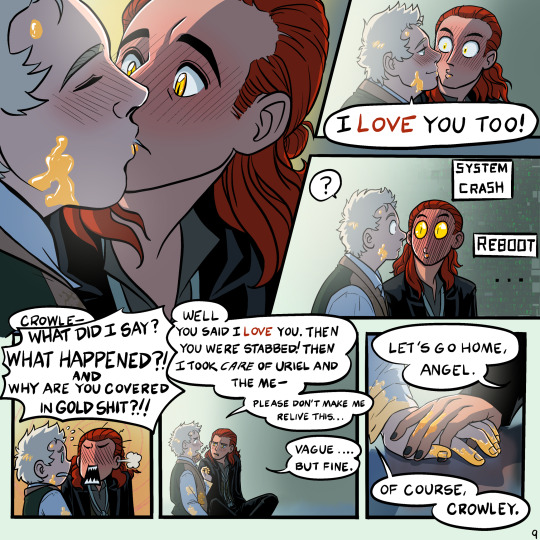
Angst War Page 8 and 9
@goodomensafterdark @vavoom-sorted-art @gahellhimself-blog @gleafer @kotias @lauramoon1987
A little fluff with the angst I did and plan on doing. I’m not done yet! There is more to come. Next week will be three pages. Good luuuuuck!
#good omens#crowley#aziraphale#michael sheen#neil gaiman#david tennant#good omens fanart#comic#progress#good omens after dark angst war#angst war#good omens fandom#good omens angst#angst comic#fluff#good omens fluff#kiss#good omens kiss#ready for more angst?
2K notes
·
View notes
Text
‘i never see you at the club’
okay?? well i never see you scrolling through the band of brothers tag on tumblr
#hbo war#hbo#band of brothers#bofb#bob#richard winters#lewis nixon#ronald speirs#carwood lipton#david webster#don malarkey#joe liebgott#joe toye#george luz#skip muck#eugene roe#doc roe#babe heffron#bill guarnere#buck compton#alex penkala
474 notes
·
View notes
Text
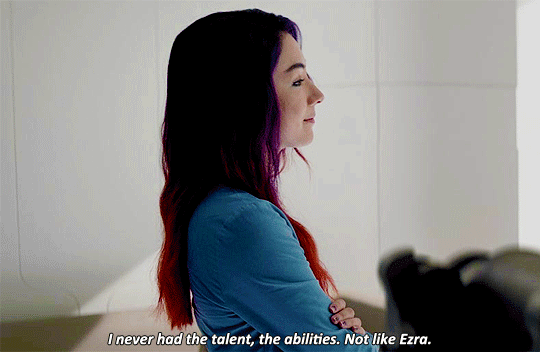
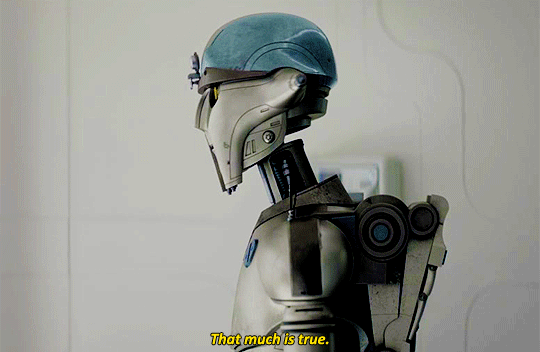

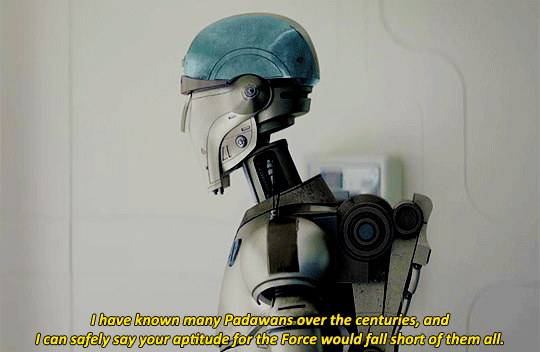

AHSOKA | 1x02 "Part Two"
#ahsokaedit#ahsoka series#ahsoka show#ahsoka#sabine wren#huyang#david tennant#natasha liu bordizzo#she was my fav on the society i love her#star wars#starwarsedit#swedit#ahsoka spoilers#thcrin#mystuff#1k
3K notes
·
View notes
Text

“fertilize us!!” my eggs scream in unison
#kyra speaks#hayden christensen#star wars anakin#anakin skywalker#clay beresford#awake movie#star wars#james kelly#david rice#sam monroe#stephen glass#girlblogging#this is a girlblog#lana del ray aka lizzy grant#lana del rey#girlhood#this is what makes us girls#moodboard#hell is a teenage girl#aesthetic#coquette symbols#my husband#hyper feminine#female hysteria#divine feminine#femcel#girl rotting#trailer park princess#eggs#i want his dick so bad
570 notes
·
View notes
Text

i can fall asleep to heavy artillery and cries for a medic like it’s nothing 😴
#band of brothers#hbo#hbo war#BoB#dick winters#lewis nixon#ron speirs#george luz#joe liebgott#joe toye#harry welsh#david kenyon webster#bill guarnere#don malarkey#carwood lipton#skip muck#there’s too many characters in this damn show#it’s scary how much i can quote this show#i even quote it to myself randomly throughout the day#i need band friends
594 notes
·
View notes
Text






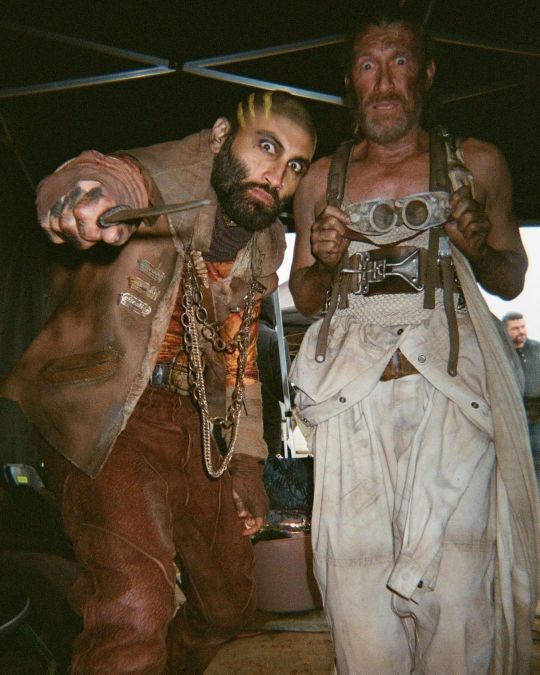
More behind-the-scenes pics from Furiosa Posted by matusethepharaoh on Instagram
#not me uploading more octoboss propaganda#mad max#furiosa#furiosa a mad max saga#matuse#goran d kleut#david collins#goran kleut#cj bloomfield#big jilly#history man#war boys#octoboss#fang furiosa#dementus#chris hemsworth#lachy hulme#rizzdale pell#smeg furiosa
678 notes
·
View notes
Text






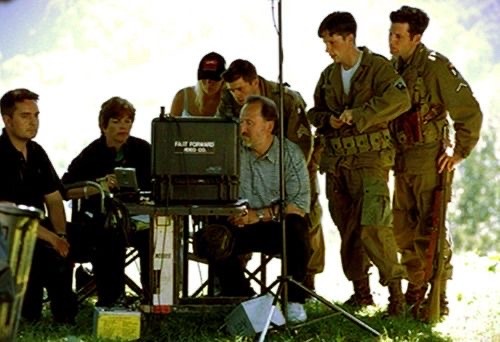


band of brothers • behind the scenes
#band of brothers#george luz#joe toye#joe liebgott#carwood lipton#chuck grant#tom hanks#bill guarnere#babe heffron#donald malarkey#eugene roe#renee lemaire#richard winters#lewis nixon#buck compton#rick gomez#kirk acevedo#ross mccall#david webster#band of brothers behind the scenes#hbo war#ww2#1940s#easy company
543 notes
·
View notes
Text

creds to meme lord @gothscientist
#band of brothers#easy company#hbo war#george luz#eugene roe#joseph liebgott#david webster#richard winters#lewis nixon#ronald speirs#carwood lipton#joe toye#bill guarnere#floyd talbert#babe heffron#so many other ppl but im lazy#they’re tagged in spirit don’t worry
423 notes
·
View notes